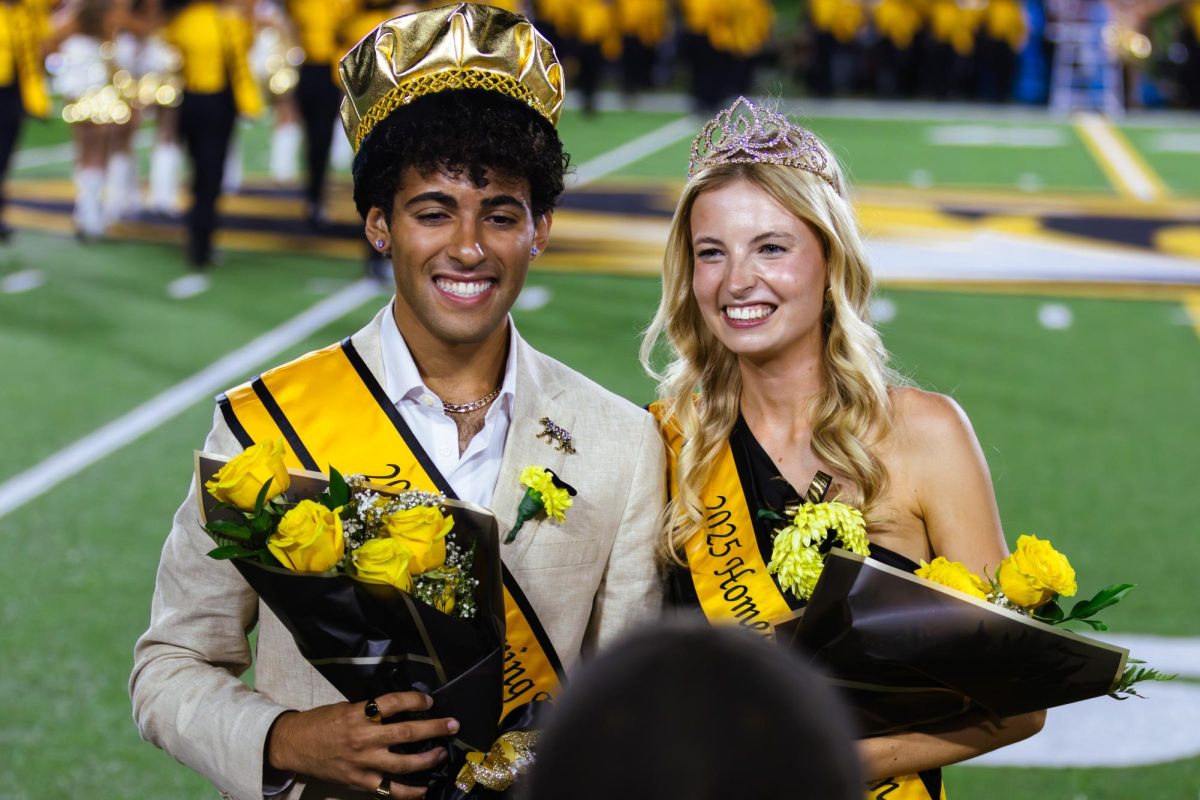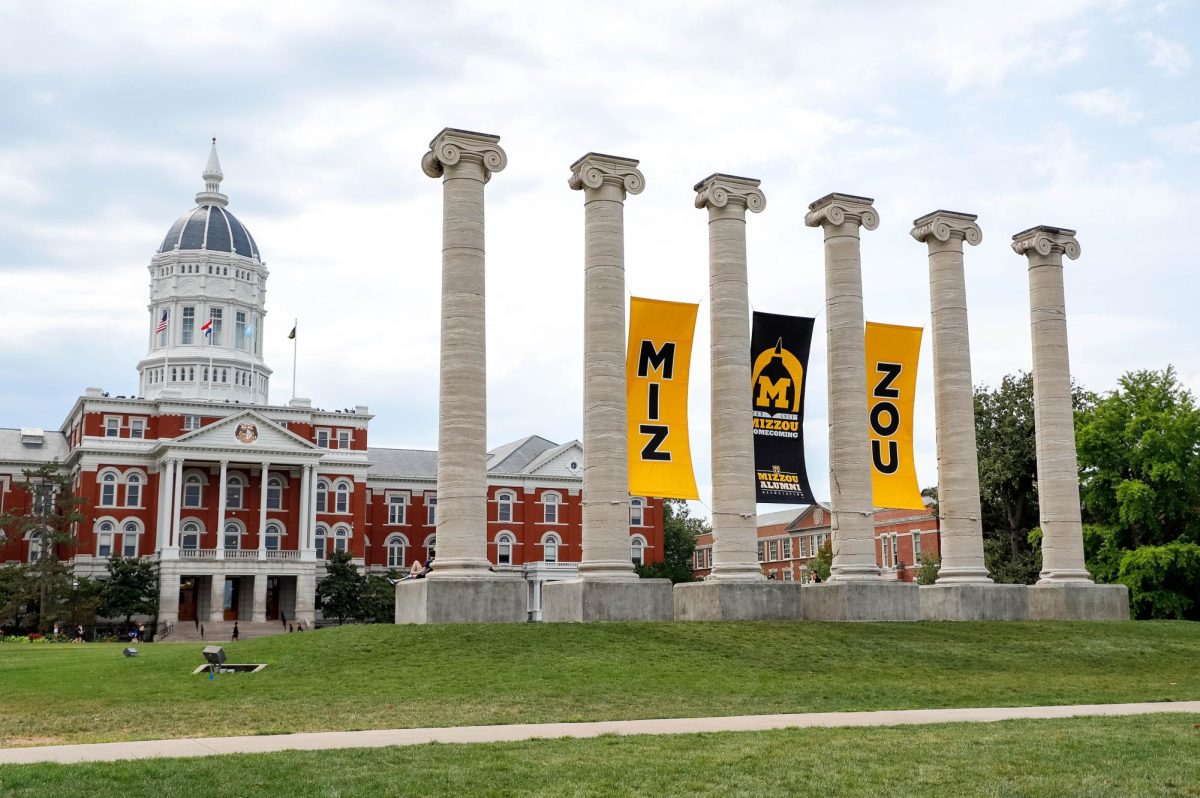As the Latino fraternity Lambda Theta Phi creates a colony at MU, members hope to establish it as a different type of fraternity.
With just 11 members, the fraternity is small — a quality its members see as a major benefit.
“Our members get to learn from one another,” Lambda Theta Phi Primary Contact Andrew Abarca said. “We’re not a large group, which allows us to know our (fraternity) brothers on a very personal level.”
Lambda Theta Phi, which was the first Latino fraternity in North America, began its expansion to Missouri with a chapter at UM-Kansas City in 2008. The process of establishing a colony at MU began in 2011.
The MU community was supportive of the new colony, Lambda Theta Phi Treasurer Alex Sanchez said.
“[People] didn’t know exactly what we were but they were excited for us,” he said.
Men had to have a 2.5 GPA and undergo an interest process before they could pledge. Even with these qualifications, not everyone was accepted into the colony in 2011. The fraternity plans to keep its high standards for future recruits.
“(Future recruits) have to give back to the community and prove themselves to the brothers,” Lambda Theta Phi President Nick Ramos said. “It’s not as simple as giving money, pledging and then rushing.”
The members want to keep the fraternity’s intimate nature even as the fraternity expands in upcoming years.
“It is very important that even if we grow bigger, we have a tradition of knowing everyone by name,” Ramos said. “We’re more about quality of members rather than quantity.”
The close bond among the fraternity members was key to embracing its status as a Latino fraternity.
“We implement culture into Greek Life,” Abarca said. “We get to know each other’s culture and show our own in one way or another.”
Lambda Theta Phi might be small, but it has been busy. To become nationally recognized, Lambda Theta Phi held many events during the 2011-12 academic year, including two education workshops, two cultural workshops, three community service projects, three fundraisers, two collaborative functions with another chapter, two collaborative functions with other organizations and two social functions.
Lambda Theta Phi held events to embrace Latino culture that spanned from Spanish-speaking social events to those embracing Hispanic history.
“Our members don’t have to be Hispanic, but they have to express the culture,” Ramos said.
One event was a salute show, which commemorated Hispanic involvement in the military.
The fraternity focused on more than Latino culture, though. During the past year, Lambda Theta Phi held a Native American panel for Native American Heritage Month, volunteered for black culture events and hosted a salsa night.
“We hosted the Native American panel to learn about hardship in the Native American community and what they went through and how they are discriminated against,” Abarca said.
Although culture is important to the fraternity, its biggest concern is service. The fraternity’s biggest event this year was “Cocoa for Katie,” which helped raise money for a high school student with leukemia.
“We’re unique because we’re a social fraternity and a service fraternity,” Ramos said. “Our goal is to give back to the community.”
The colony hosted events not only to be leaders in the MU community, but also to socialize with members of it. Events to meet other fraternities and sororities included a Super Bowl party and a social with Alpha Phi Gamma.
“Our current goal is just getting our name out there,” Sanchez said.
Lambda Theta Phi plans to host a large event celebrating Hispanic Heritage Month in September. The colony’s goal is to become an integral part of MU.
“We hope to give back to the community at Missouri, being the new kids on the block,” Ramos said. “We want to prove ourselves and demonstrate what we’re capable of.”







